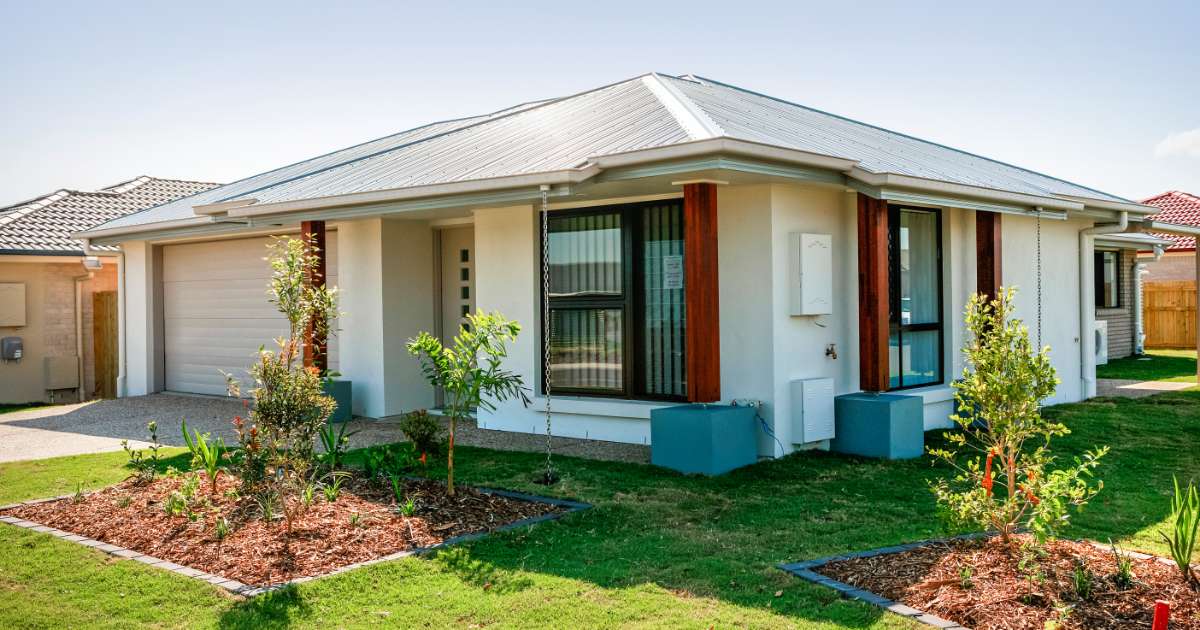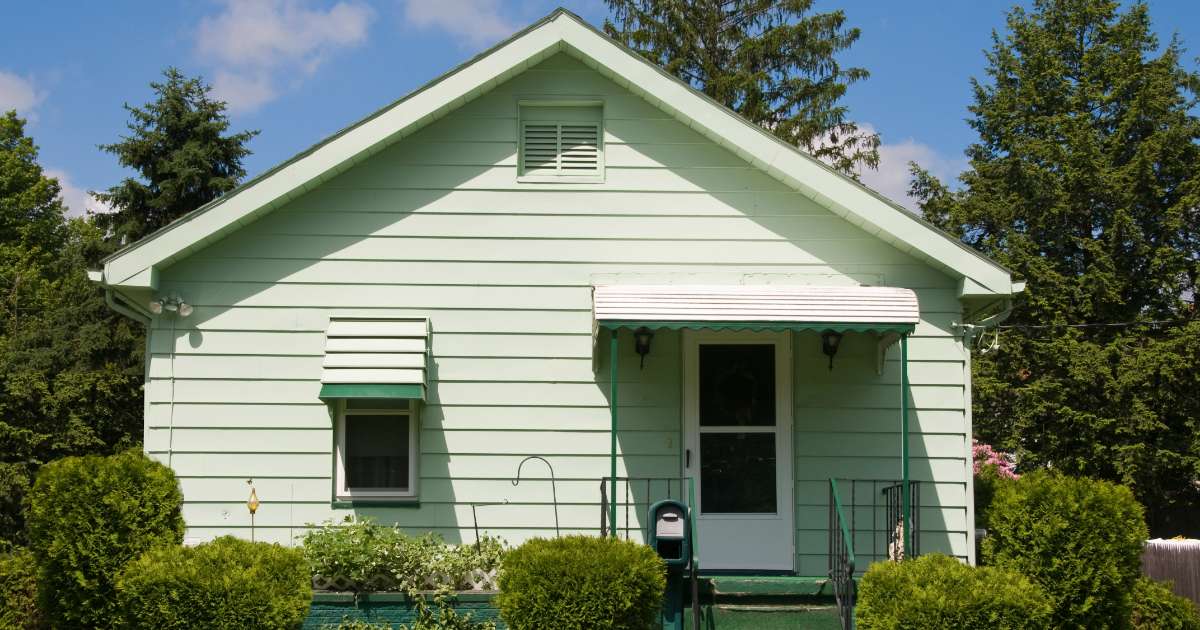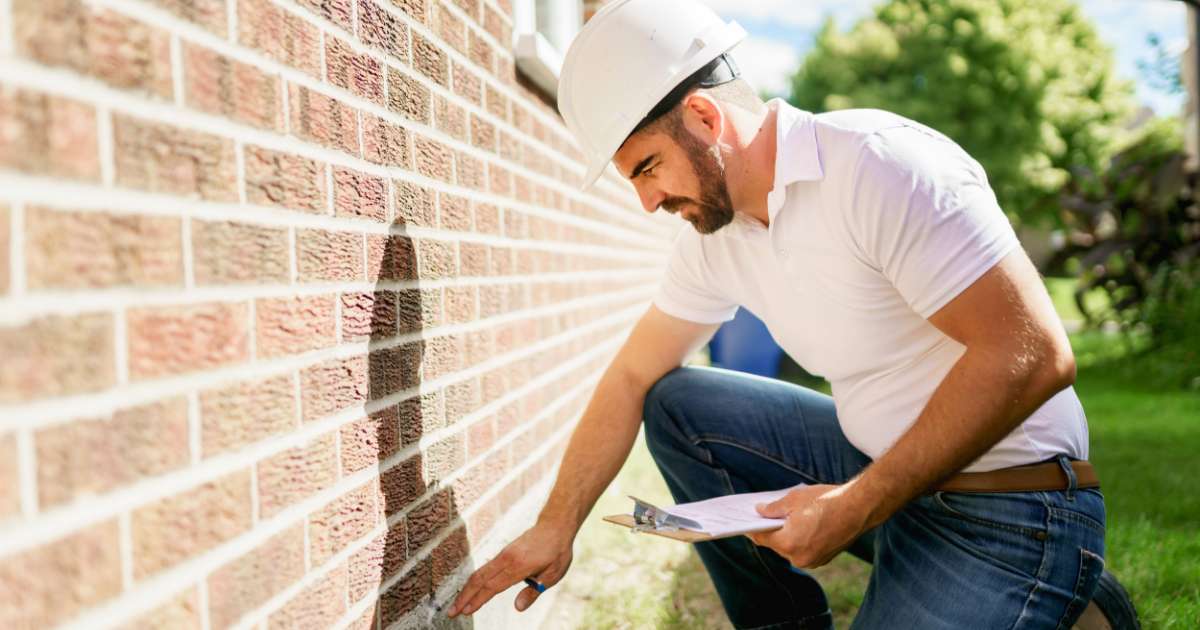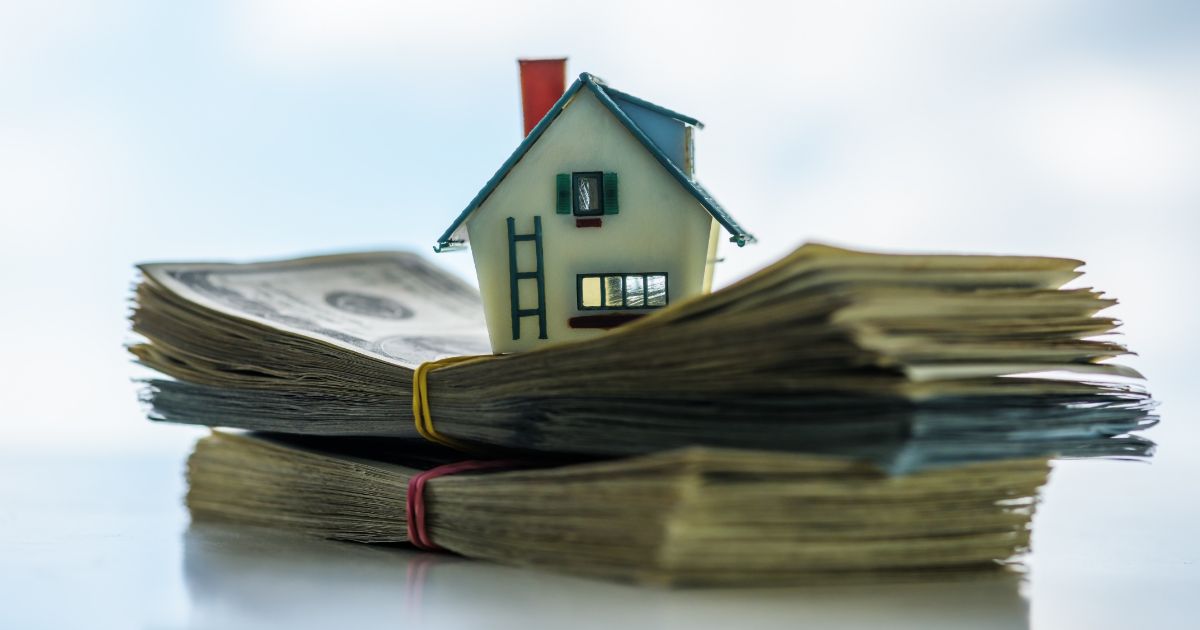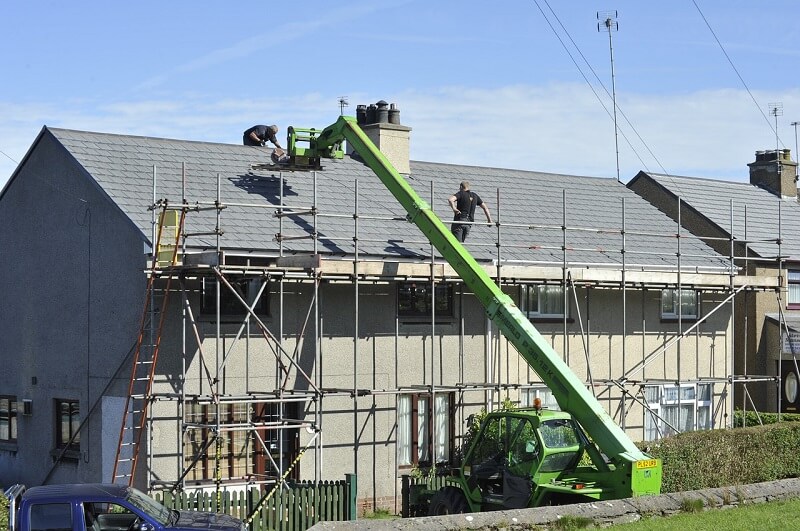
Closing on a house is not free. After all the hard work and expense that comes with listing, staging, and showing your house to buyers, you will need to pay closing costs to finalize your sale. But what are closing costs?
Closing costs encompass a wide range of fees that are associated with the final step in selling your house and are typically 6%–10% of the property’s purchase price. They are often paid for by both the buyer and the seller, as each will have their own individual expenses associated with closing on a home sale.
What is included in closing costs?
When you sell a house, typical closing costs include:
- Real estate agent commission
- Transfer and recording fees
- Title insurance fees
- Escrow fees
- Seller’s attorney fee
- Property taxes
- Seller concessions (if applicable)
- HOA fees
The costs of these fees will vary depending on geographic location and home size. You will also need to pay any outstanding amount owed on your mortgage†.
Average seller closing costs by state
| State | Closing costs (including taxes) | Percentage of average home sale price (including taxes) |
| Alabama | $2,986 | 1.4% |
| Alaska | $3,581 | 1.0% |
| Arizona | $4,701 | 1.2% |
| Arkansas | $3,115 | 1.5% |
| California | $7,953 | 1.0% |
| Colorado | $3,881 | 0.7% |
| Connecticut | $8,821 | 2.1% |
| Delaware | $17,859 | 5.4% |
| Florida | $8,554 | 2.3% |
| Georgia | $3,762 | 1.3% |
| Hawaii | $7,463 | 0.9% |
| Idaho | $4,082 | 1.0% |
| Illinois | $5,929 | 2.1% |
| Indiana | $2,200 | 0.9% |
| Iowa | $3,146 | 1.6% |
| Kansas | $2,793 | 1.0% |
| Kentucky | $2,802 | 1.4% |
| Louisiana | $3,711 | 1.7% |
| Maine | $4,420 | 1.3% |
| Maryland | $14,721 | 3.7% |
| Massachusetts | $7,964 | 1.3% |
| Michigan | $5,714 | 2.7% |
| Minnesota | $4,011 | 1.4% |
| Mississippi | $2,756 | 1.0% |
| Missouri | $2,061 | 0.8% |
| Montana | $3,337 | 0.8% |
| Nebraska | $2,781 | 1.2% |
| Nevada | $6,383 | 1.5% |
| New Hampshire | $8,183 | 2.3% |
| New Jersey | $7,915 | 1.7% |
| New Mexico | $3,513 | 1.1% |
| New York | $16,849 | 3.1% |
| North Carolina | $3,406 | 1.1% |
| North Dakota | $2,501 | 1.0% |
| Ohio | $4,223 | 2.0% |
| Oklahoma | $2,893 | 1.5% |
| Oregon | $4,327 | 0.9% |
| Pennsylvania | $10,634 | 4.3% |
| Rhode Island | $5,568 | 1.4% |
| South Carolina | $3,447 | 1.2% |
| South Dakota | $3,105 | 1.3% |
| Tennessee | $3,911 | 1.4% |
| Texas | $4,548 | 1.5% |
| Utah | $4,837 | 1.0% |
| Vermont | $7,906 | 2.6% |
| Virginia | $6,346 | 1.7% |
| Washington | $13,927 | 2.4% |
| Washington, D.C. | $29,888 | 3.9% |
| West Virginia | $3,406 | 1.8% |
| Wisconsin | $3,459 | 1.5% |
| Wyoming | $2,589 | 0.7% |
These closing costs, provided by data from ClosingCorp, do not include agent commissions. Additionally, some of these closing costs do not include transfer taxes due to state laws. States without transfer taxes include:
- Alaska
- Idaho
- Indiana
- Kansas
- Louisiana
- Mississippi
- Missouri
- Montana
- New Mexico
- North Dakota
- Texas
- Utah
- Wyoming
There are also a few counties in Oregon that do not charge transfer taxes.
How to calculate your own closing costs
Before you close on your home sale, you may want to figure out how much you can expect to pay in seller closing costs. You can do this using online tools to calculate closing costs such as:
- Spectra’s Closing Cost Calculator
- Freddie Mac’s Closing Cost Calculator
- Mortgage Calculator’s Seller Closing Cost Calculator
Keep in mind that calculating expected closing costs yourself may not be as accurate as getting a professional estimate.
How to save on closing costs
You may be able to minimize your closing costs by:
- Negotiating with the buyer: It isn’t a hard and fast rule that you are obligated to pay your closing costs. Depending on what kind of market you’re in, you could ask the buyer to contribute toward your closing costs. This method works best in a seller’s market.
- Negotiating better terms from service providers: While you can always accept the standard rates of appraisers, attorneys, and title companies, it would be in your best interest to discuss lowering rates and shop around.
- Selling your house FSBO: When you sell FSBO (For Sale By Owner), you eliminate the need for an agent and paying agent commissions. While you won’t have to pay commissions, you also don’t get the benefit of an agent’s assistance.
- Selling to an off-market home buyer like We Buy Ugly Houses®: You also have the option to sell your house directly. When you sell to an off-market home buyer without a real estate agent, you won’t have to pay commissions and some, like us, don’t charge any additional fees. Keep in mind that you are getting a discounted offer when you work with a home buyer in exchange for a quick and convenient sale.
Minimize closing costs while selling your house
We Buy Ugly Houses is here to help you get a home sale without all the hassle. We’re America's trusted home buyer, and we’ve been buying houses for over 25 years. In that time, we’ve assisted over 150,000 homeowners in selling their houses while minimizing the fuss and fees. Because of our dedication to our sellers, we’ve garnered a 95%* nationwide customer satisfaction rating that we’re proud of.
With our 3-step home-buying process, we can take you from consultation to closing quickly, sometimes in as little as 3 weeks! If that seems too fast, we work with you to determine a closing date that suits your selling schedule. Find out what other homeowners have to say about what it’s like to work with us by reading reviews from sellers like you.
We pay all typical closing costs, and we never charge commissions or hidden fees†. If you have any questions about us or our process, feel free to check out our FAQ for answers to common questions other sellers have asked.
Ready to sell your house and save on closing costs? Reach out to We Buy Ugly Houses today to get a free consultation.
This blog is for informational purposes only and should not be considered legal advice.



